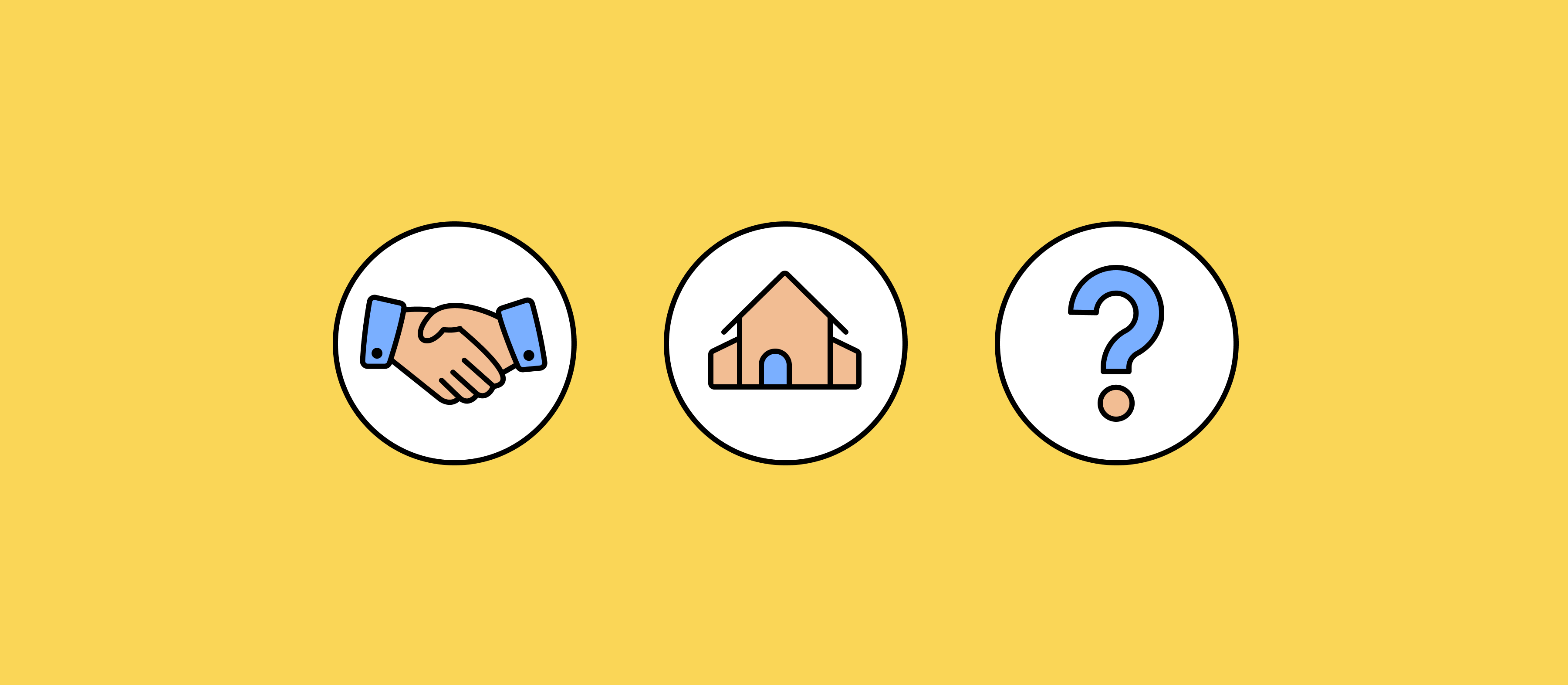Smart Contracts In Real Life

This blog post will cover:
- Smart contracts aren’t perfect, are they?
We’ve already told you about a general concept of smart contracts in our previous article, now we would like to discuss some cases of smart contracts development and implementation in real life as well as the obstacles associated with it. Besides classic cryptocurrency transactions and credit agreements smart contracts can be applied to dozens of situations that range from finances, medicine, and law to crowdfunding and charities. Let’s look at them!
Not so typical is the sharing economy solution. For instance, car-sharing companies can use "access tokens" on smart contracts so that the customer who paid to get access to the car can use it without any physical key.
Another example is supply chain management. The entire chain of goods delivery can be controlled through smart contracts: from manufacturer shipment to receipt by the end-user. All the information about the movement of goods in an unchanged form is stored on the blockchain so that smart contracts vigilantly monitor compliance with all conditions of delivery.
Real estate is another potentially interesting area. With smart contract’s help you can regulate the relationship of developers, banks, and loaners. As soon as the bank approves the mortgage loan to the buyer of the apartment, the smart contract automatically initiates the process of registration of the apartment as a property.

As a matter of fact, even in the governance system smart contracts can find their way to fame. For example, voting systems could be protected from frauds if only smart contract technology was implemented in elections. Then the voting systems would be much more honest and secure.
For the Crypto World smart contracts are significant in terms of the Decentralized Finances - DeFi. DeFi is a financial instrument in the form of services and applications created on the blockchain. It aims to become an alternative to banking and replace the traditional financial system technologies with open source protocols. DeFi applications are decentralized but all the rules for business operations are written in a smart contract. Once the smart contract is launched, the DeFi app can run on its own with no human interference. That is, smart contracts allow you to set distinct rules in the ecosystem.
Smart contracts aren’t perfect, are they?
So why haven't smart contracts made the world revolution yet? Because smart contracts still have problems with information sources - they cannot access data of real-world events. Yes, smart contracts can execute any logic we put in the conditions, but for many contracts that describe real-world processes, it is vital to be able to extract relevant information from the outside world. Otherwise they just wouldn’t be able to comply with the terms of the agreement. Right because we lack information providers - oracles, as they are called in the world of smart contracts - we end up having a gap in smart contract technology that parts them from the “world-changing” status. Solving the problem of oracles would give a strong push towards the popularization and applicability of smart contracts.
The same as in ancient mythology, oracles play the role of intermediaries, information providers, who at the request of the contract provide reliable information from the off-chain world that is necessary for the correct functioning of the contract. Oracles are required to fulfill two conditions - they must be reliable and provide complete information. Reliability is the ability to confirm and verify the validity of data. Completeness is the coverage of data from a wide range of real-world events. NB: the oracle is not a source of information, it is the provider to the blockchain. However, it is extremely important for an oracle to choose a high-quality source of information.

There are different kinds of oracles. They are: Hardware Oracles, Software Oracles, Consensus Oracles, Inbound Oracles and Outbound Oracles. All of them have different sources of information.
Several companies such as ChainLink, Oraclize, BraveNewCoin, and Blocksense are engaged in the development of projects related to the development and implementation of blockchain oracles.
The concept has not yet come to a final decision, so the perfect solution is yet to be found. There is a widespread notion of “oracle problem” which is based on the risks that unreliable sources of oracles may bring to the operation of smart contracts. Once they are properly designed, oracles will solve many problems.
As we can see, there are still many issues that should be overcome before smart contracts can be easily implemented in different spheres. However, when the best solutions are found and oracles provide reliable and complete information, smart contracts will definitely make our lifes more convenient and many hidden tedious processes will become more clear and transparent.

